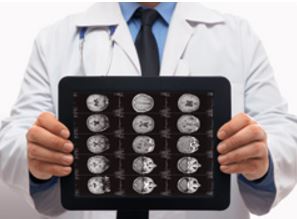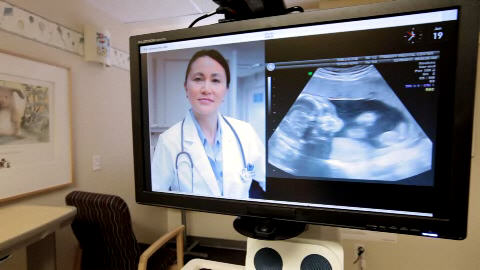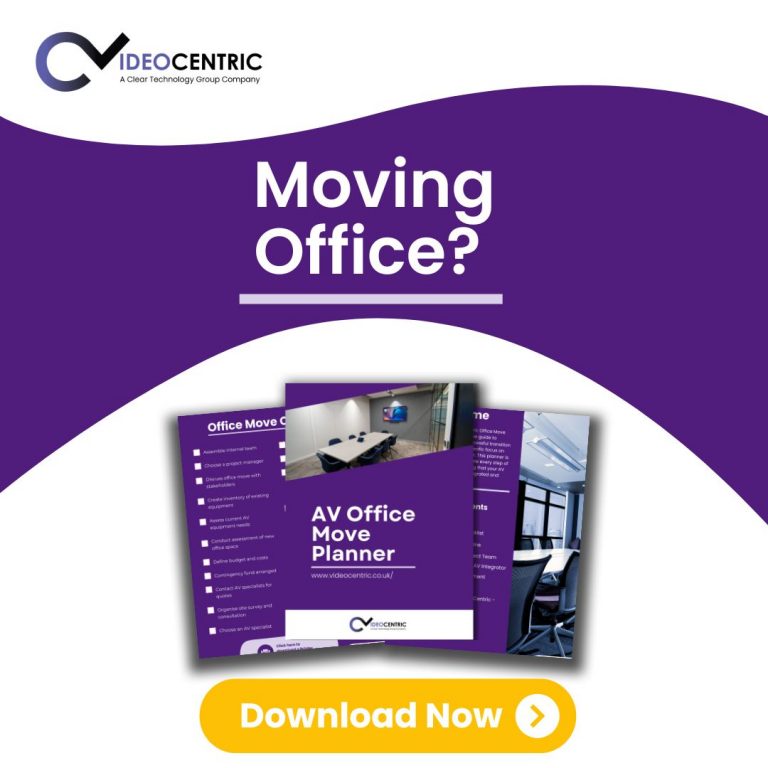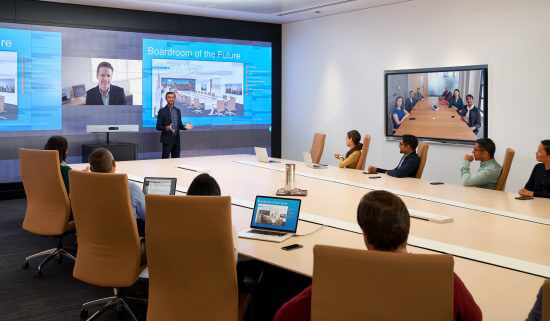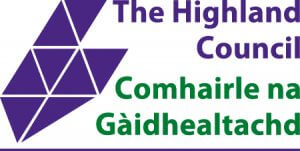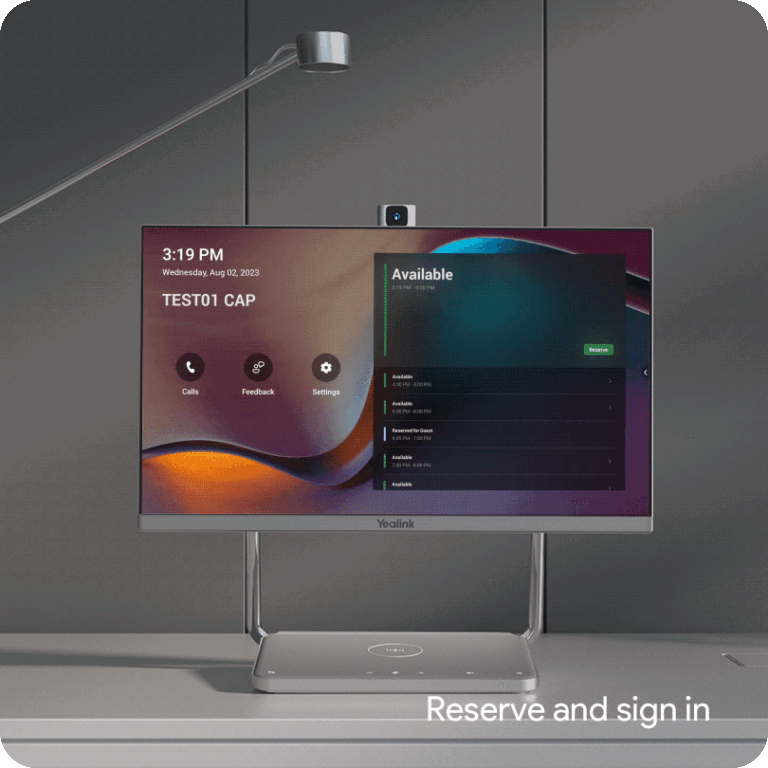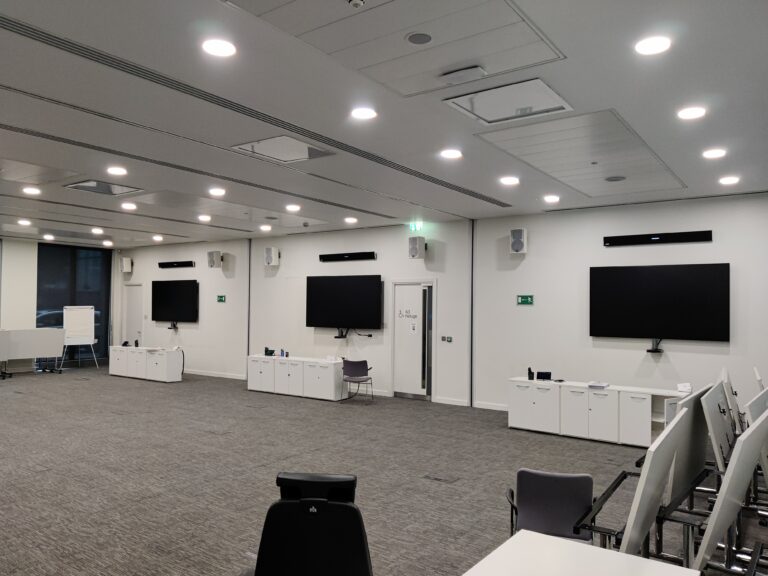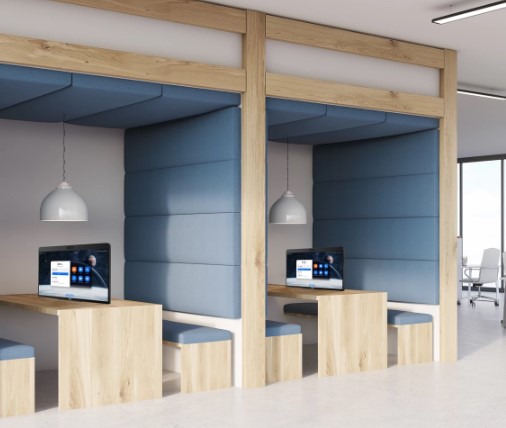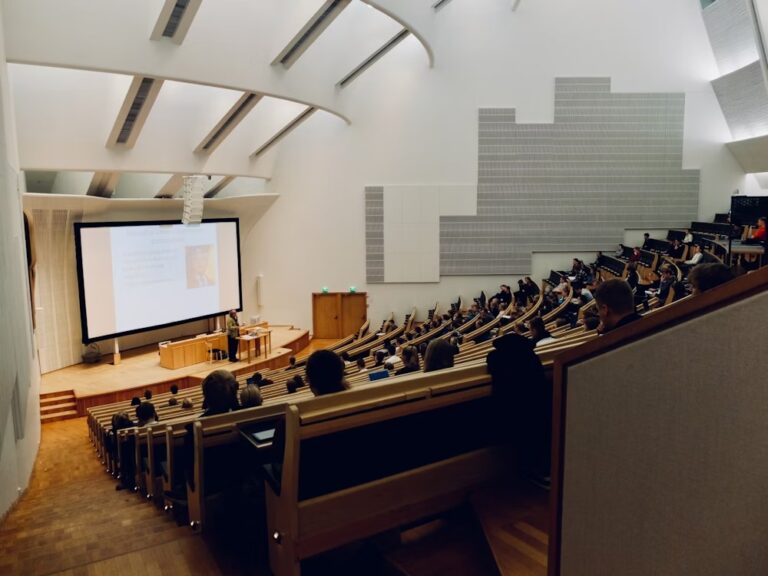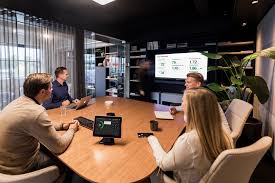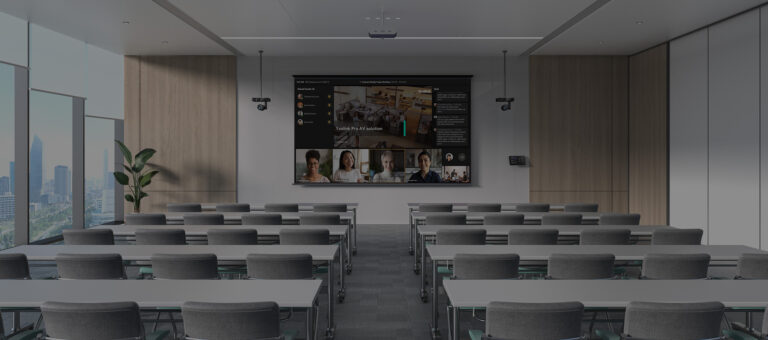Born in 1948, the NHS was created from the principle that good quality healthcare should be available for free, to everyone, no matter the illness, or the wealth of the patient in question.
Dealing with over 1 million patients every 36 hours, the NHS is recognised to be one of the best healthcare systems in the world. Employing over 1.6 million people, with over 150,000 doctors, 350,000 nurses, 18,000 ambulance staff and 37,000 management staff, the NHS provides vital care and services to a population of over 64 million people throughout the UK.
However whilst the NHS and its workforce should be highly commended for the exceptional work they do, the increasing focus on improving patient care whilst reducing costs and the budget deficit through the government initiated QIPP programme – Quality, Innovation, Productivity & Prevention – means that traditional models of health and social care are being heavily challenged.
Alongside understanding the major changes taking place in the way healthcare services are delivered, medical workers are also expected to have an ever growing wealth of knowledge – now thought to be doubling every 12-24 months – and an up-to-date understanding of the newest treatments, services, equipment, technology and procedures to ensure patient outcomes are improved and the NHS can continue to deliver world-class health on an exponential scale.
To keep up with these changes to the UK’s public health system, medical workers must be 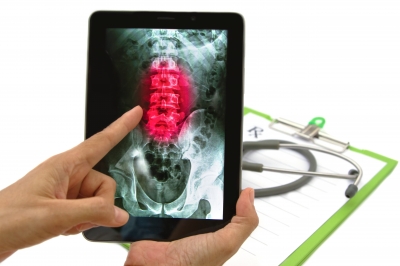 supported with the right tools, skills and training now and into the future, in a way that ensures they can continue to provide safe and effective care with compassion, whilst adapting quickly to innovation in service provision.
supported with the right tools, skills and training now and into the future, in a way that ensures they can continue to provide safe and effective care with compassion, whilst adapting quickly to innovation in service provision.
Throughout 2015, a number of forward thinking NHS trusts have been tackling this challenge head on by adopting new collaborative technologies that provide fast access to information and training, and allows the capture and sharing of knowledge in a much more flexible, collaborative and cost effective way.
For example, in the last 3 years, video conferencing and collaboration has emerged as one of the fastest growing digital aids in the healthcare sector, enabling education and training to be delivered beyond the traditional boundaries of the training room. Face-to-face communication and learning through modern video collaboration tools brings flexibility to the knowledge sharing process by offering virtual classroom environments that improves the speed of delivery, and increases the number of training methods & modules available between educators, relevant professionals,  patients and carers. In turn, this supports choice, efficient delivery processes and rapid deployment of knowledge.
patients and carers. In turn, this supports choice, efficient delivery processes and rapid deployment of knowledge.
With today’s video conferencing and data collaboration tools combined, sessions can be easily recorded and stored for on-demand playback, wherever and whenever necessary, so that those unable to attend an initial session can retrieve the shared knowledge at a time and in a place that suits them. For many clinicians and medical workers, who’s work hours and changing shifts present a challenge in obtaining regular training in a group, flexibility is key. Along with providing information at a time that suits them, new technology enables access from any device that specific individual is comfortable with – whether this be a smartphone, tablet, laptop, desktop or within a meeting room setting – and makes searching, storing and sharing simple, making the possibilities of these tools highly significant for healthcare education and training.
Healthcare and social care organisations looking at improving patient outcomes can reap many benefits when investing in more efficient and cost saving technologies for education:
- Capturing information for health promotion and care in a location independent way
- Remote lectures via video conferencing technology across the UK and globally
- Capturing and sharing of clinical and social care expertise to share throughout trusts and networks
- On-demand content access to improve efficiency and ensure access to knowledge is available at any time
- Virtual Classrooms to enable healthcare workers to interact, whether on a ward, in an office, at home or on the move
- Immediate access to remote experts and professionals when immediate answers are needed
NHS Trusts are changing, and the way information is delivered and shared needs to as well. With support from Health Education England and Local Education and Training Boards, training needs to adapt quickly to new ways of working and new models of service. Trusts need to be flexible and responsive, and provide today’s proven technology to share skills and education to everyone who needs it, so that the highest levels of human knowledge and skills can be pervasive across the NHS. The outcome of implementing these changes will be more lives saved and a continual improvement of public healthcare and services for all.
VideoCentric are the UK’s leading Video Conferencing integrator with over 12 years experience in NHS networks, collaboration tools for hospitals and healthcare and private cloud deployments. Selected as a leading partner within the Cisco Public Sector Partner Programme for Healthcare, and the UK’s only Healthcare partner for SMART interactive technologies, Contact us today and find out how VideoCentric and our team of healthcare experts can assist you with your collaboration needs.
More Information?
- Health Education England Business Plan 2015-16
- VideoCentric’s Healthcare Solutions
- SMART for Healthcare: Improving Patient Care with Interactive Technology
- Cisco Network Architecture Blueprint (C-NAB) for NHS Organisations

